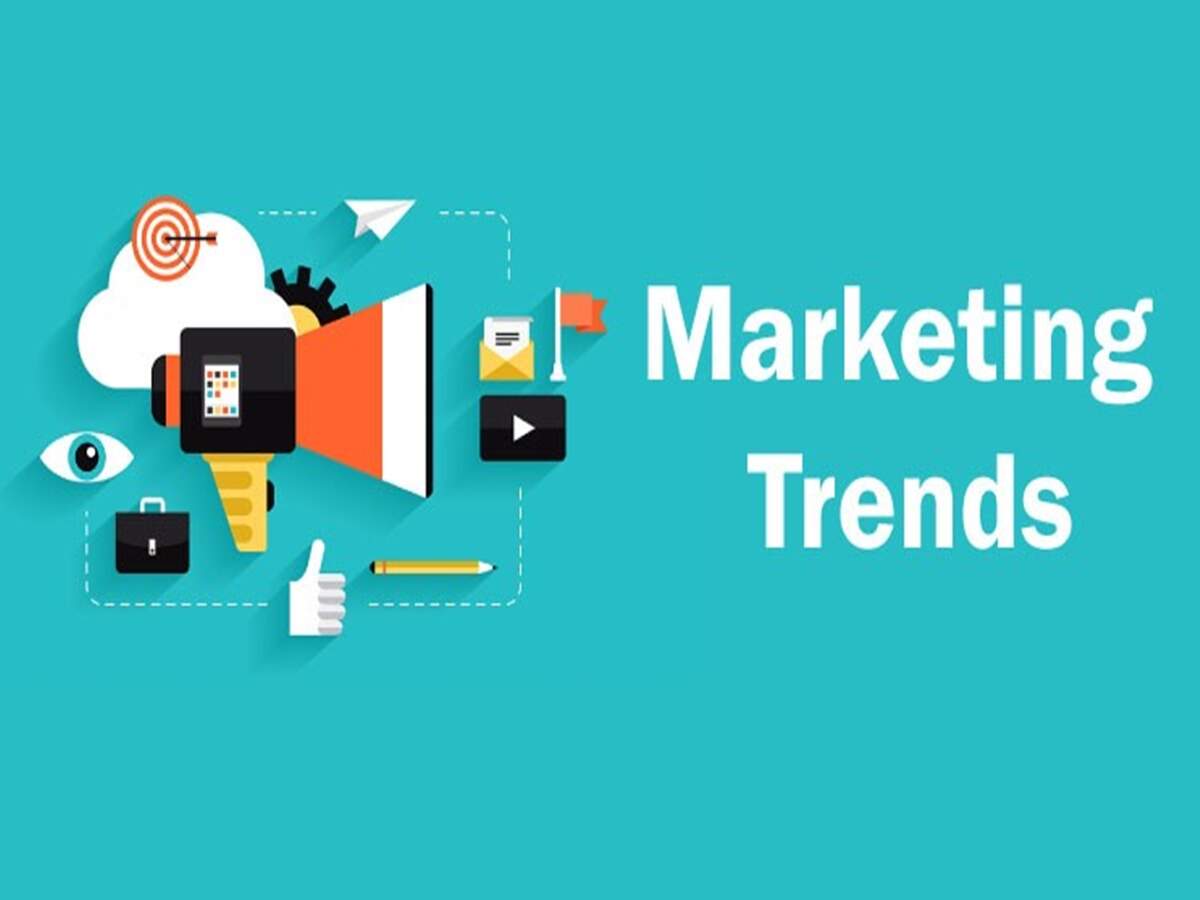Spotlight 2020: Emerging Marketing Trends
– Prof G Shainesh, Marketing
While many harnessed digital technologies to cope with these disruptions, Covid accelerated the adoption of digital by consumers as well as businesses and governments…

The disruptions caused by Covid continue to affect every aspect of our lives as we obsess over infection rates, social distancing, masks, quarantine, lockdowns and travel restrictions while we wait for the promise of relief through vaccination. Covid has transformed the way we live, work, learn, buy, consume, play, pray, entertain, travel and connect with others.
While many harnessed digital technologies to cope with these disruptions, Covid accelerated the adoption of digital by consumers as well as businesses and governments. We were forced to buy almost everything online, work from home, cut down trips and visits to shops, restaurants and theatres, attend digital classes and consult with the family doctor virtually. After the initial hiccups, rapid improvements in technology and adaptions in the digital tools have enhanced their acceptance and adoption. Digital has now infused into almost every aspect of our life. Improved access, convenience and declining costs also mean that the use of digital has turned into a habit. Habits die hard.
Marketing, as with all other organizational functions, has not been left untouched by this digital march. The shift from physical to digital stores for retailing and mass to online and social media for promotions accelerated in 2020. Rapid advances in personalization, targeted video content, virtual and augmented reality (VR&AR), shareable interactive content, proliferation of user-generated content, shoppable posts and influencer marketing have revolutionized digital marketing. As consumers, across demographic and socio-psychographic segments, stay transfixed to digital devices for their daily dose of information, entertainment, communication, learning and shopping, these trends will fortify in 2021.
The broader trend will be defined by 3I’s namely individualised, integrated and interactive, as listed.
Individualised – The vast amount of data on purchase and usage being automatically collected by businesses when combined with consumers’ digital footprints on social media platforms and review sites will be leveraged through intelligent automation tools to provide a very customised buying and usage experience to millions of customers. Traditionally, services like retailing, healthcare, online education, financial services and hospitality enjoyed an inherent advantage in customising their offerings due to the ability of the frontline personnel to understand requirements and tailor the service to suit individual needs. The mainstreaming of artificial intelligence (AI) and machine learning (ML) will now result in the deployment of robots, with natural language processing skills, to perform these tasks very effectively. Rapid advances and affordable technology is now enabling custom products through mass customization by incorporating individual preferences into the design and assembly of products ranging from toys to furniture.
Integrated – Integration of customer facing roles of marketing, sales and service with internal functions like operations, finance and human resources will continue to be important to provide a seamless omnichannel experience to customers. Rapid adoption of automation and analytics will help streamline processes to integrate internally while aligning businesses externally with partners, suppliers and customers. The growing trend to integrate experiences, expertise and feedback from the vocal user community will magnify due to digital tools that can rapidly tap data for automated decisioning.
Interactive – Marketers will quickly substitute direct and physical interactions with digital ones as they devise new ways to connect, engage and bond with customers. Experiential marketing, involving interactive and immersive elements, will be a vital part of marketing strategy to engage with customers throughout their journey with the brand from pre-purchase, purchase, use and post purchase stages. These interactive experiences, delivered digitally will create powerful differentiators for the winning brands.
These trends will have profound implications for marketers as they compete to attract and retain savvy customers worried about health, safety, well-being along with social and environmental concerns. Balancing profits with people and the planet will be the hallmark of purpose driven businesses in the new decade.
Source: Economic Times


